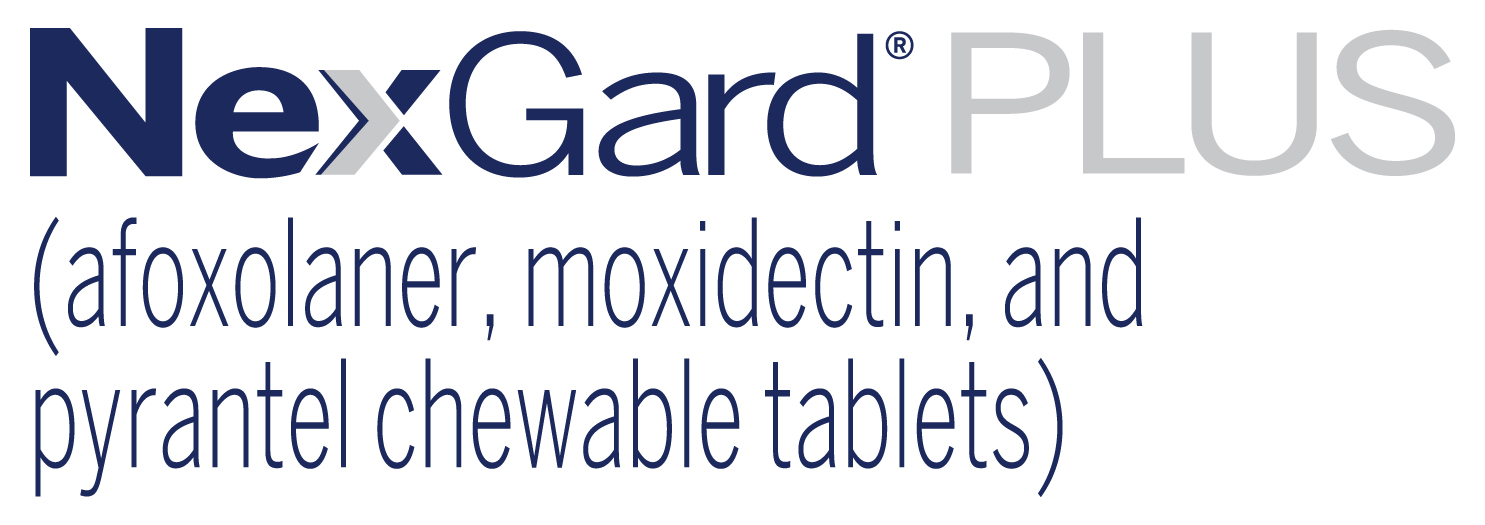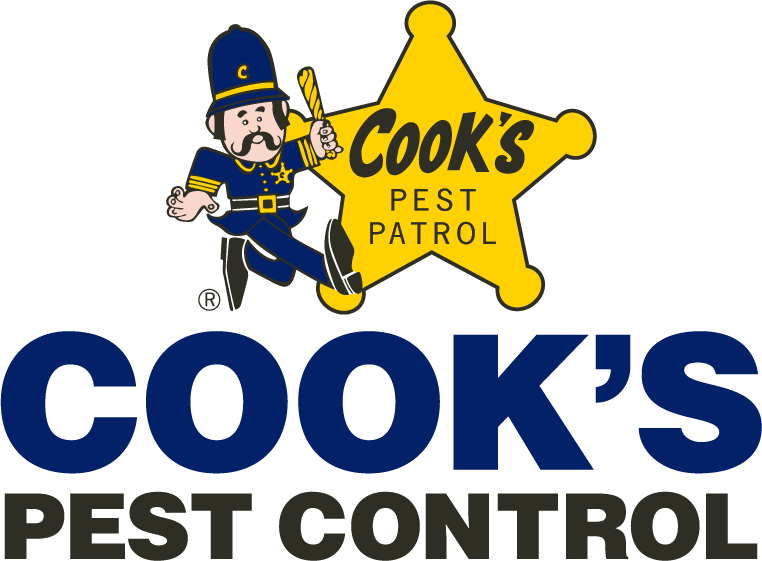March is Pet Poison Prevention Awareness Month; our homes contain dozens of common items that may pose a danger to our pets.
Understanding what potential and harmful pet poisons exist in your home and yard is the first step in keeping your pets safe. At Paws Humane Society, we want to help you keep your pets healthy and happy!
Here are some common pet poisons every pet owner should be aware of:
1. Over-the-counter human anti-inflammatory medications such as acetaminophen, ibuprofen, herbal and nutraceutical supplements. Just because something is safe for you does not necessarily mean it is safe for your pet.
2. Human prescription medications, including antidepressants, muscle relaxants, pain medication, albuterol inhalers, and blood pressure medications.
3. Over-the-counter flea and tick products containing permethrin. These are toxic to cats causing elevated temperature, muscle tremors, hyperexcitability, drooling, and seizures.
4. Overdoses of veterinary medications, especially Rimadyl, Deramaxx, Previcox, Metacam and joint supplements, can cause vomiting, diarrhea, and kidney or liver failure. It is important for pets to be administered the directed dose.
5. People foods can cause a number of health issues in your pet. Chewing gum and candy containing the sugar substitute xylitol can cause hypoglycemia and acute liver failure; grapes and raisins can cause kidney failure; chocolate, coffee and caffeine cause vomiting, diarrhea, dangerously high heart rate and seizures; macadamia nuts can cause nervous system and gastrointestinal signs; raw or undercooked meat, eggs and bones may contain harmful bacteria and other parasites; cooked bones can splinter and cause lethal injury to the esophagus and gastrointestinal tract; chronic ingestion of garlic and onions can result in anemia; avocados contain a toxin that causes vomiting and diarrhea in dogs; in birds and rodents, avocado ingestion causes deadly fluid buildup in the lungs.
6. Toxic plants. With Easter around the corner, Easter lilies are extremely toxic to cats – causing kidney failure and death. Other plants you should watch out for Sego Palms, Dumb Cane (dieffenbachia), tulip bulbs, marijuana, amaryllis, azaleas, rhododendron, oleander, castor bean, and yew, among others.
7. Rodenticides. Depending what is ingested; pets are at risk for internal bleeding, kidney failure or seizures. If you believe your pet has ingested rat, mouse or gopher bait it is helpful to find the original packaging, but do not delay treatment.
If you have any reason to suspect your pet has ingested something toxic, please contact your veterinarian or call one of the Animal Poison hotlines listed below:
ASPCA Animal Poison Control Center: (888) 426-4435
Pet Poison Helpline: (800) 213-6680
For additional information:
http://www.aspca.org/pet-care/animal-poison-control/

























